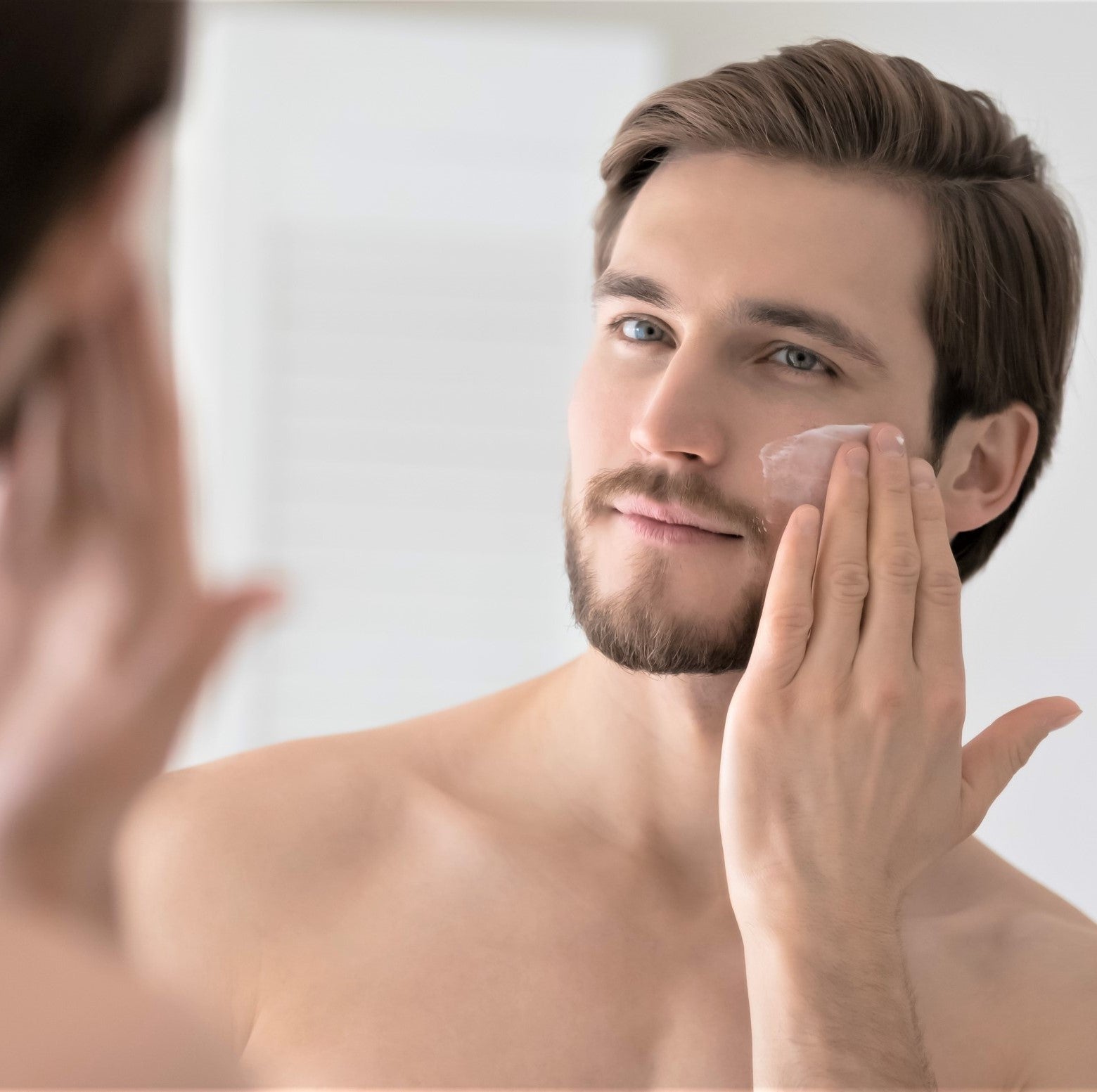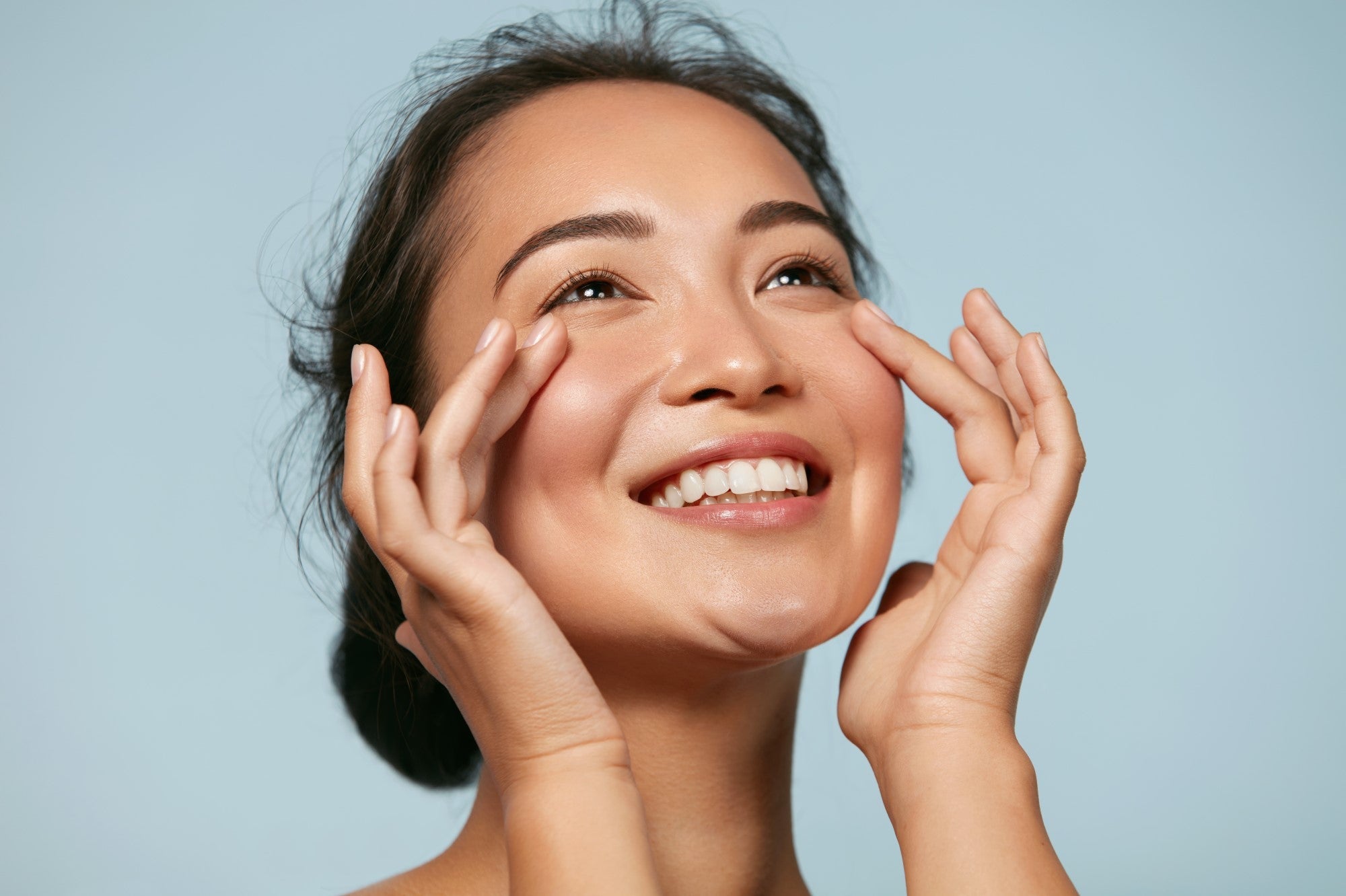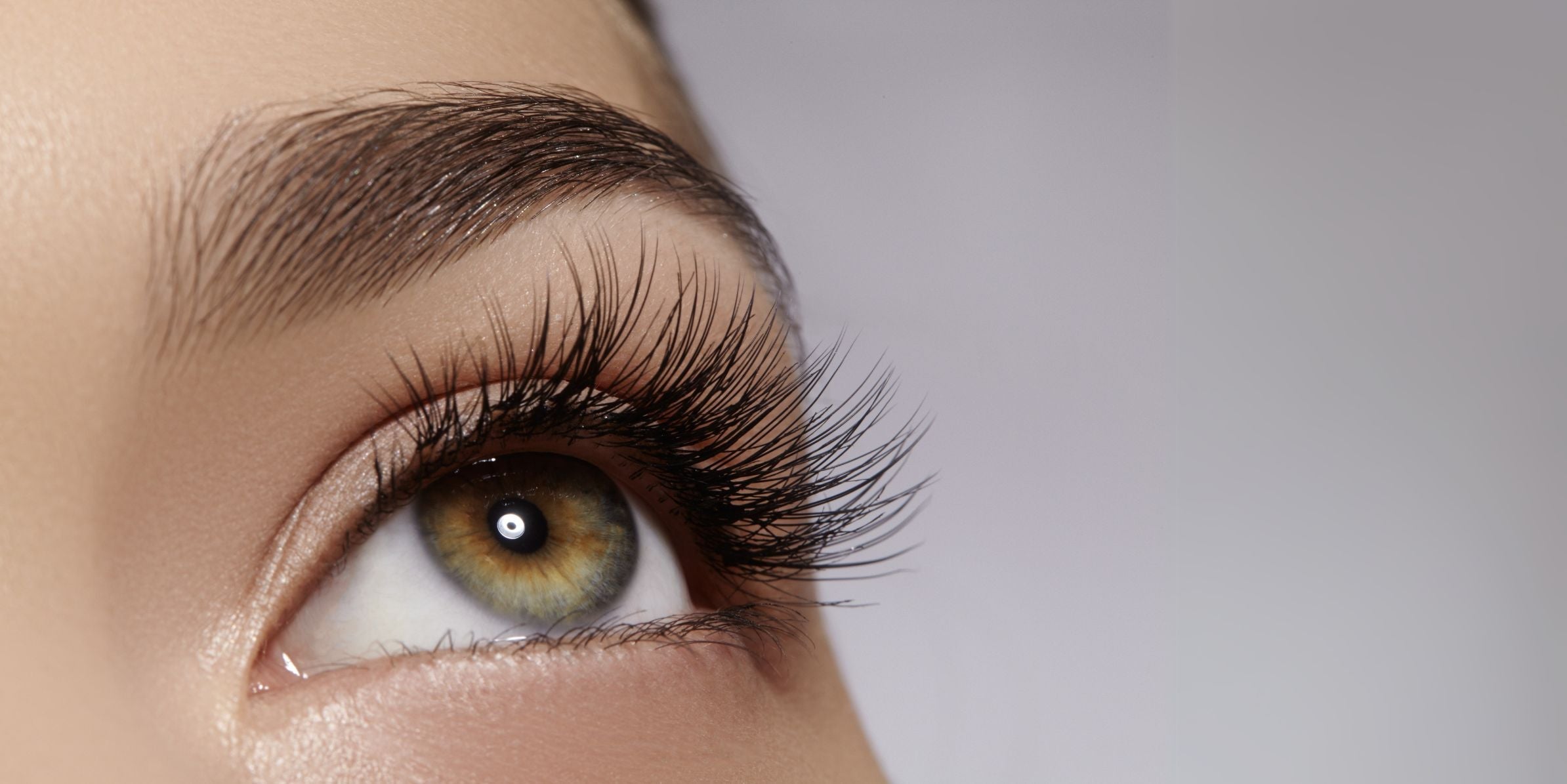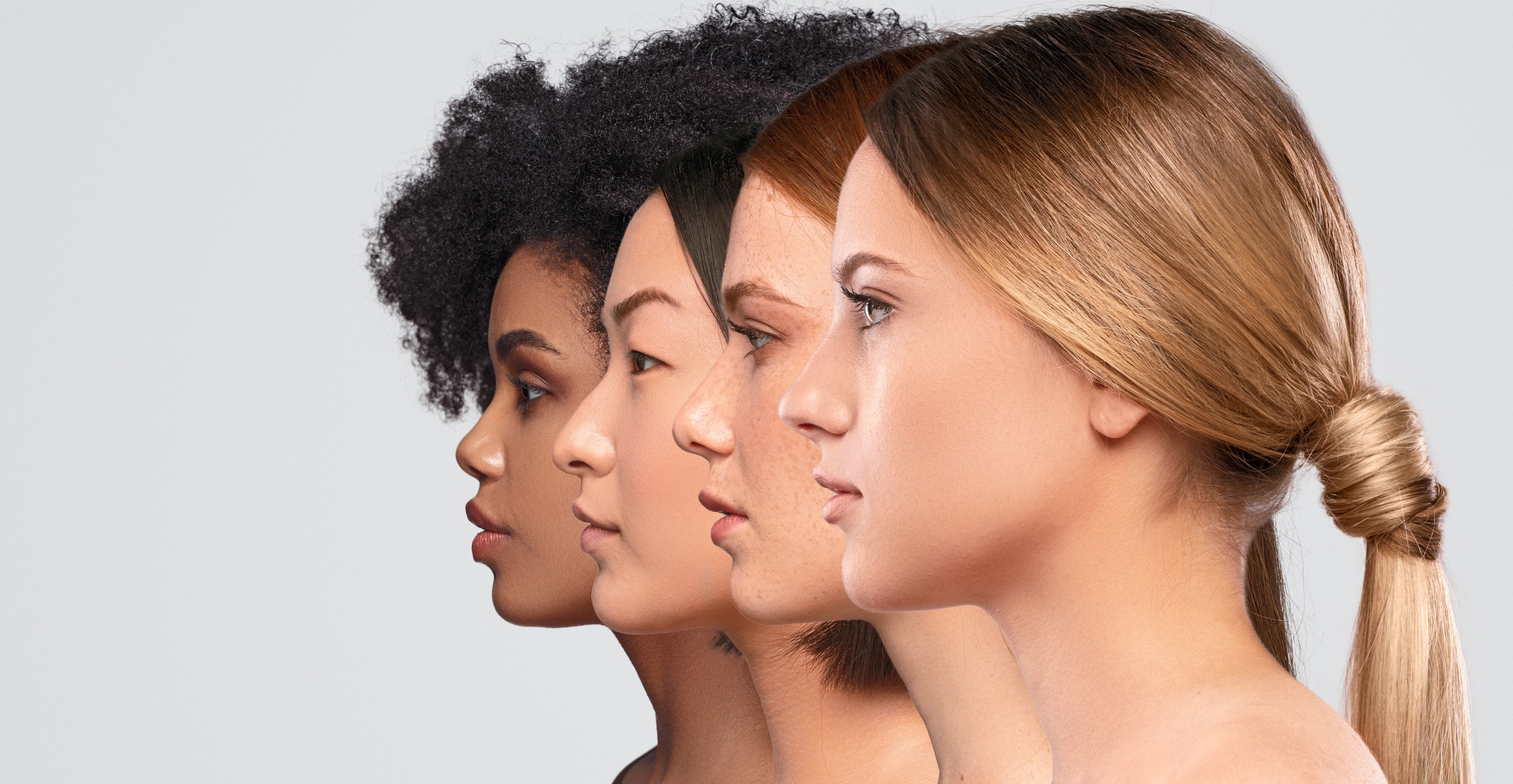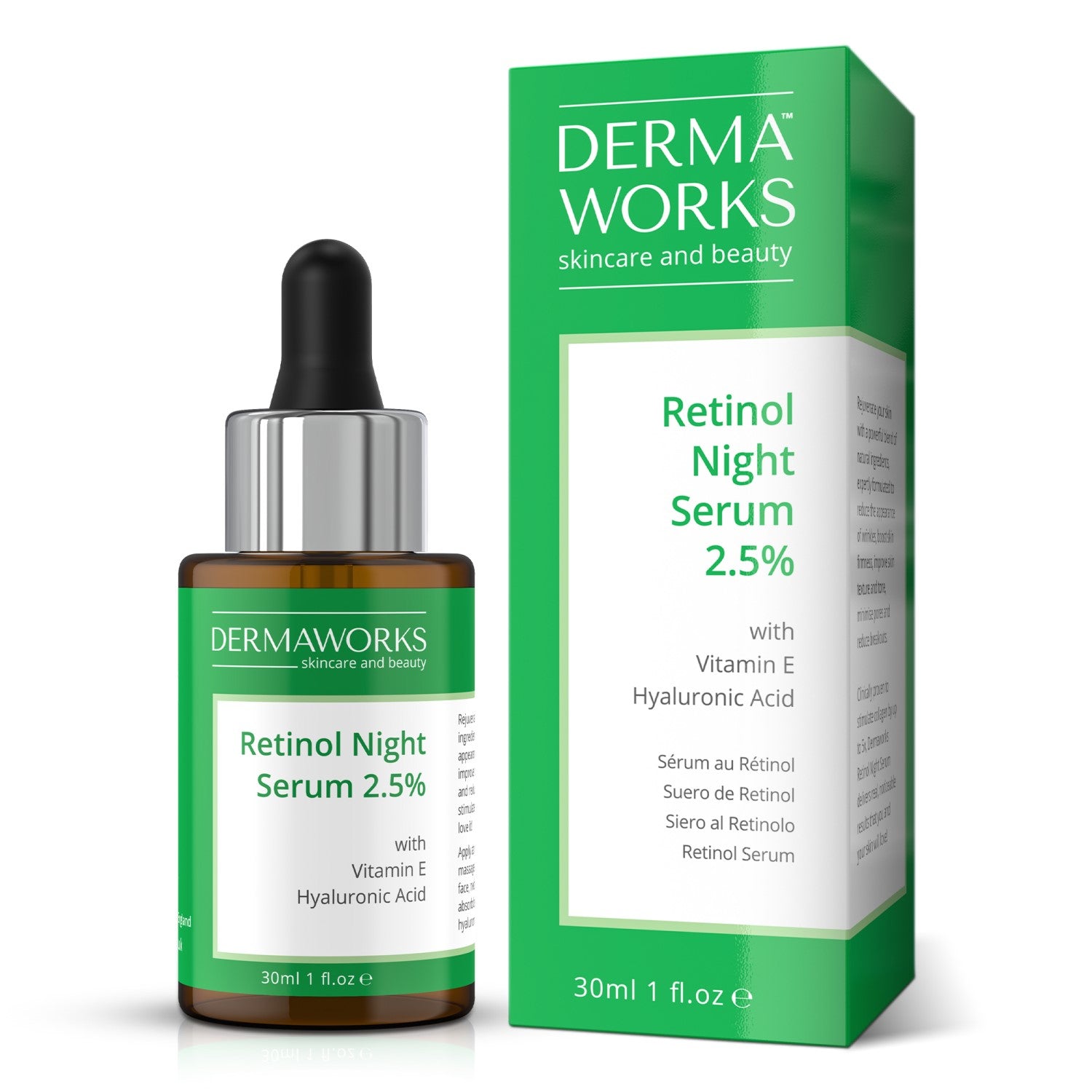Retinol serums are hailed as a miracle solution in the skincare world, known for their powerful anti-aging and acne-fighting properties. But is retinol right for everyone? This blog post explores who should use retinol serum, the benefits it offers, and tips for incorporating it into your skincare routine.
What is Retinol?
Retinol is a derivative of vitamin A and is widely used in skincare for its ability to promote cell turnover and stimulate collagen production. It can help reduce the appearance of fine lines, wrinkles, and hyperpigmentation while also combating acne.
Benefits of Retinol Serum
1. Anti-Aging
Retinol is renowned for its anti-aging benefits. It can help diminish the appearance of fine lines and wrinkles, improve skin texture, and even out skin tone by promoting the production of new skin cells.
2. Acne Treatment
Retinol can unclog pores, reducing acne breakouts and preventing new ones from forming. It can also minimise the appearance of acne scars by promoting cell turnover.
3. Hyperpigmentation and Dark Spots
Regular use of retinol can fade dark spots, sun spots, and other forms of hyperpigmentation, giving your skin a more even tone.
4. Skin Texture and Tone
Retinol smooths the skin's surface and enhances its overall texture and tone, leaving it looking brighter and more youthful.
Who Should Use Retinol Serum?
1. Individuals with Signs of Aging
If you're noticing the early signs of aging, such as fine lines, wrinkles, and loss of skin elasticity, retinol can be a powerful addition to your skincare routine. It helps boost collagen production and accelerate cell turnover, keeping your skin youthful and resilient.
2. People with Acne-Prone Skin
Retinol is highly effective for those struggling with acne. It helps clear up existing breakouts, prevents new ones from forming, and reduces the appearance of acne scars.
3. Those with Hyperpigmentation
If you have uneven skin tone or dark spots caused by sun damage, melasma, or post-inflammatory hyperpigmentation, retinol can help lighten these areas and promote a more even complexion.
4. Individuals with Dull or Rough Skin
Retinol can transform dull, rough skin by promoting the shedding of dead skin cells and stimulating the growth of new ones. This results in smoother, brighter, and more radiant skin.
5. People Seeking Preventive Skincare
Even if you don't have visible signs of aging or acne, incorporating retinol into your skincare routine can be a proactive measure to maintain your skin's health and prevent future skin concerns.
Who Should Avoid Retinol?
While retinol offers numerous benefits, it may not be suitable for everyone:
1. Sensitive Skin
Individuals with highly sensitive skin may experience irritation, redness, and peeling with retinol use. If you have sensitive skin, consider starting with a lower concentration and gradually increasing it as your skin builds tolerance.
2. Pregnant or Nursing Women
Retinol and other retinoids are generally not recommended for use during pregnancy or breastfeeding due to potential risks to the baby. Always consult with your healthcare provider before using retinol if you are pregnant or nursing.
3. Severe Skin Conditions
If you have severe skin conditions such as eczema or rosacea, retinol may exacerbate these issues. It's best to consult with a dermatologist before incorporating retinol into your routine.
How to Incorporate Retinol into Your Skincare Routine
1. Start Slow
Begin with a lower concentration of retinol to allow your skin to acclimate. Use it once or twice a week, gradually increasing the frequency as your skin builds tolerance.
2. Use at Night
Retinol can make your skin more sensitive to sunlight. Apply it at night and use a broad-spectrum sunscreen during the day to protect your skin from UV damage.
3. Moisturise
Retinol can cause dryness and irritation, especially when you first start using it. Follow up with a hydrating moisturiser to keep your skin moisturised and reduce potential irritation.
4. Avoid Mixing with Other Actives
Be cautious about using retinol with other active ingredients like AHAs, BHAs, and vitamin C, as this can increase the risk of irritation. Instead, alternate their use or consult a dermatologist for personalised advice.
5. Consult a Dermatologist
If you're unsure about incorporating retinol into your routine, or if you experience persistent irritation, consult with a dermatologist. They can recommend the best products and usage guidelines based on your skin type and concerns.
Conclusion
Retinol serum can be a game-changer for those looking to address signs of aging, acne, and uneven skin tone. While it's suitable for many, it's essential to consider your skin type and any specific conditions before starting. By introducing retinol slowly and following the right precautions, you can enjoy its transformative benefits and achieve healthier, more radiant skin.
If you're ready to elevate your skincare routine, consider adding retinol serum and experience its remarkable effects. Always prioritise your skin's health and consult with professionals to ensure the best results.

